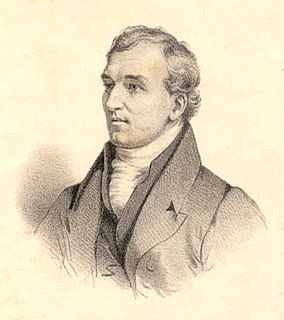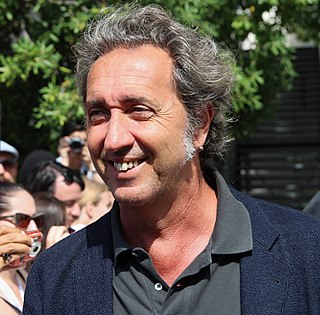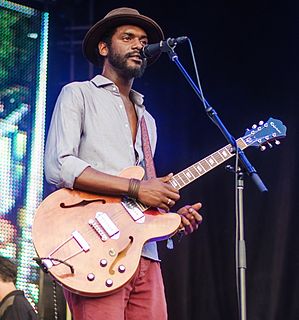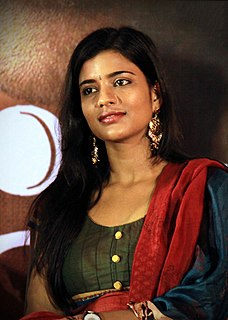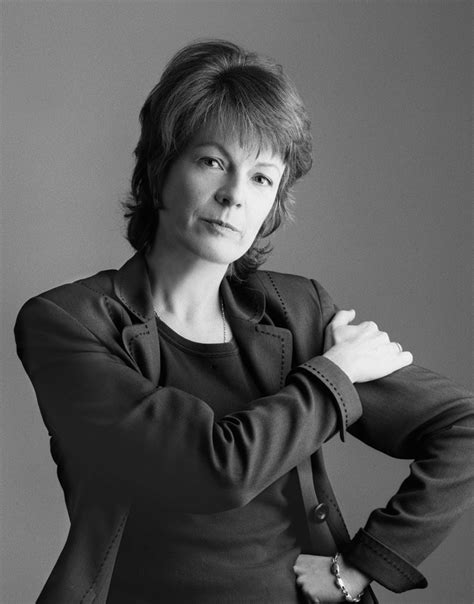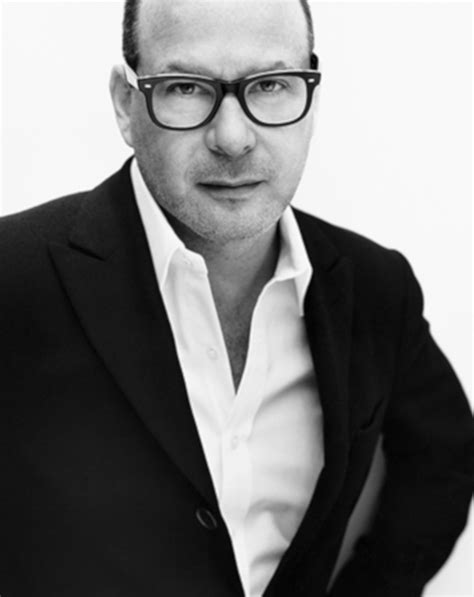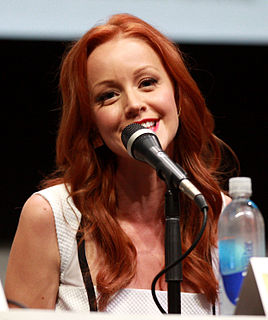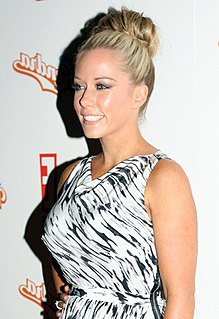A Quote by David Douglas
I grew up as a cameraman, so it's much easier for me to shoot it myself. I work with an operator and a crew, but it's way easier for me to function as a cinematographer, than to have a cinematographer between me and the lens. I don't need that.
Related Quotes
I grew up being a huge fan of Bruce Lee, and this quote always stuck out to me. He said, "Water can flow, or it can crash. If you put it into a teapot, it becomes the teapot." It always made sense to me to adapt the flow and roll with whatever the situation is and to not think about it too much and get caught up in it. It works easier for me that way.
Being a photographer helps me see the work differently. I always walk away seeing things differently than when I stare at them myself. It gives me a little distance. So I love photography, but it also helps me tell the story. When I shoot the ad campaign for my work, it allows me to be much more direct.
